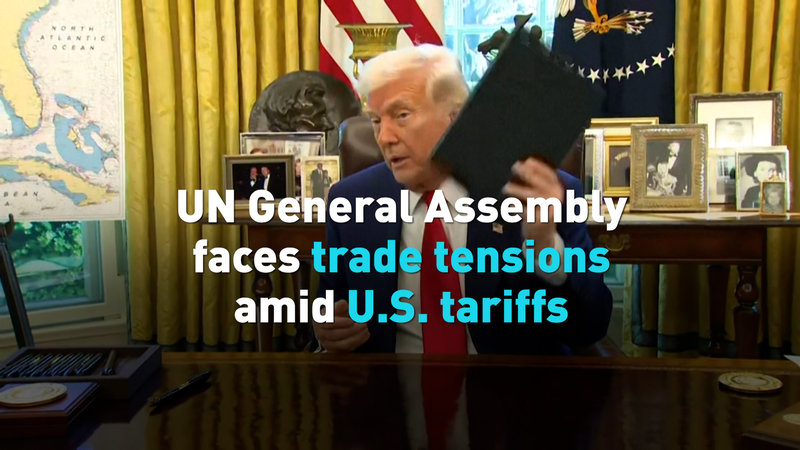The UN General Assembly opened this week in New York against the backdrop of a changed global economy. As U.S. President Donald Trump’s tariff policies ripple across continents, trade ministers from more than 190 countries and regions face a new wave of protectionist pressures.
From steel and aluminum to agricultural goods and digital services, the impact of sweeping tariffs has been felt across major markets. Supply chains are under strain, manufacturing costs have spiked, and businesses in emerging economies are bracing for fallout as consumer prices climb.
Diplomats warn that finding common ground will be tougher than ever. “The era of predictable trade rules seems to be fading,” said one European envoy, pointing to escalating tit-for-tat measures and rising economic nationalism. At UNGA side events, negotiators are hunting for fresh paths to restart stalled talks and restore market stability.
Thought leaders and changemakers at the assembly are pushing for new digital trade frameworks and sustainable supply chain models. Young entrepreneurs and tech advocates are calling for transparent regulations that foster innovation rather than punitive taxes, arguing that a balanced approach could protect jobs and drive greener growth.
As debates continue, many are watching for breakthroughs that could signal a thaw in trade relations. The question on everyone’s mind: Can UN diplomacy bridge widening divides and chart a course toward a more open global market?
Reference(s):
cgtn.com



